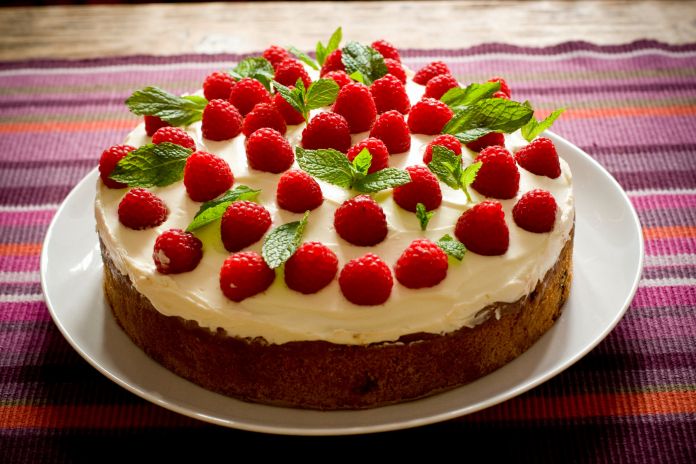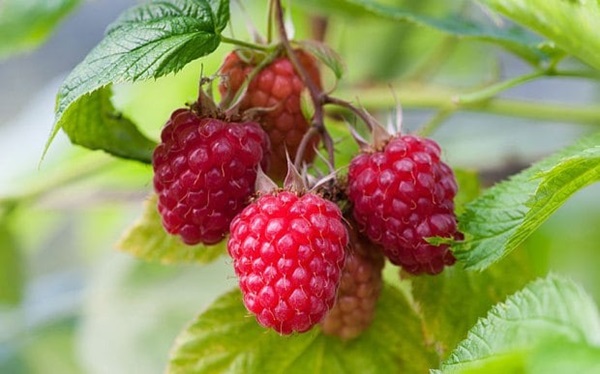FAQs
When is National Raspberry Cake Day?
We celebrate National Raspberry Day on July 31st.
Why is National Raspberry Cake Day celebrated?
It’s a day to recognize and enjoy the delightful flavour of raspberries that bring a sweet and slightly tart taste to cakes, making them a favourite dessert for many.
Are raspberries beneficial for weight management?
Yes, raspberries are low in calories but high in fiber, which can help you feel full and satisfied.
What are the health benefits of raspberries?
Raspberries are packed with nutrients such as vitamins, minerals, and antioxidants. They are low in calories and high in fiber, making them a healthy addition to your diet.
What nutrients are found in raspberries?
Raspberries are rich in vitamin C, vitamin K, vitamin E, and several B vitamins. Also, they contain minerals like potassium, manganese, and magnesium.
Also, read more about National Jump for Jelly Beans Day – July 31, 2024


